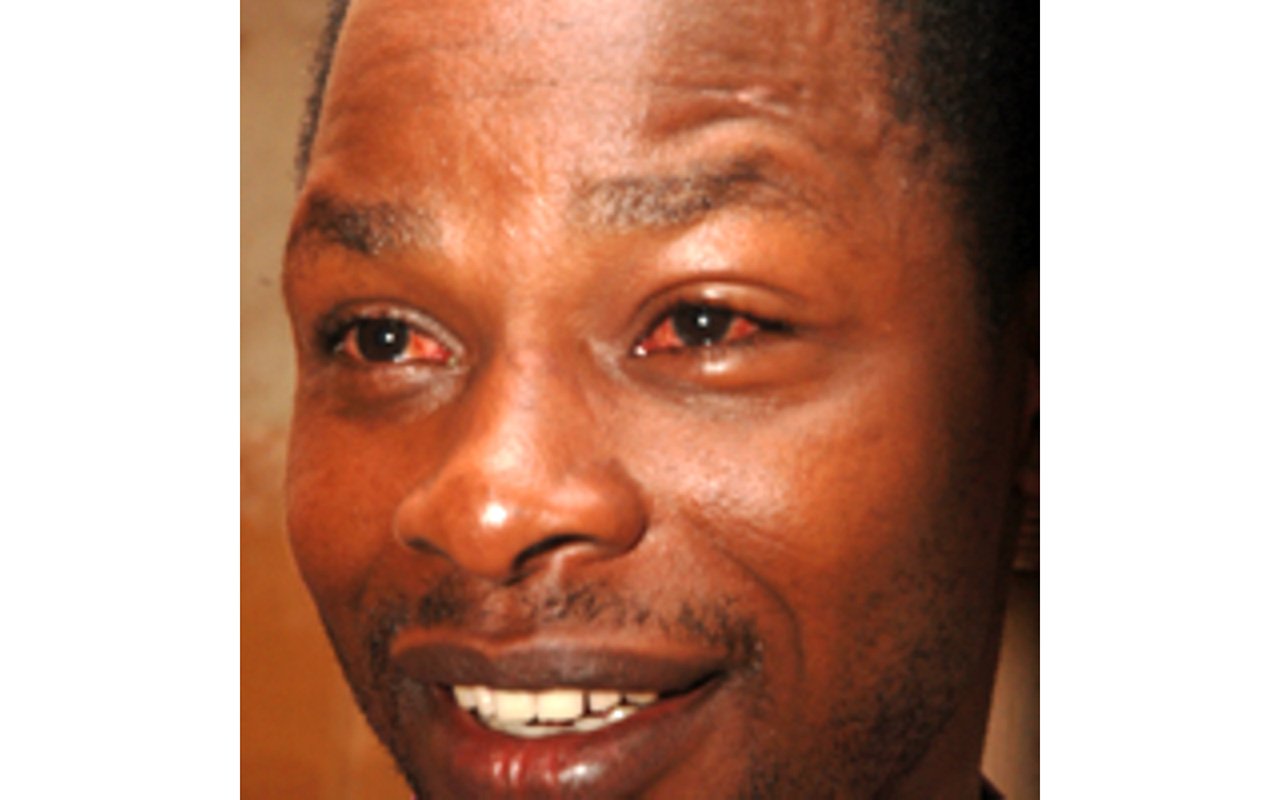America speaks out on Rwanda-Uganda tension

The United States assistant secretary of State for African Affairs, Mr Tibor Nagy, during a press conference at the Kampala Serena Hotel yesterday. PHOTO BY RACHEL MABALA
President Museveni and his Rwandan counterpart Paul Kagame should work to resolve their differences and end the ongoing diplomatic row, America’s top diplomat for Africa, said yesterday.
Mr Tibor Nagy, the United States assistant secretary of State for African Affairs, said the two leaders have been long-time friends and Washington would not run shuttle diplomacy to restore their relations.
“This is obviously an issue to be decided by the two countries themselves,” he said in answer to a question on what the US government was doing to help Rwanda and Uganda ease the current stand-off that has potential to snowball into a regional problem.
Mr Nagy flew to Uganda on Thursday and met with President Museveni on Friday and was due last evening to fly to Kigali for a meeting with President Kagame.
“Both countries are a positive force in the region...we encourage [them as] our friends to discuss any disputes between themselves,” he said, insisting that his trip had been pre-planned.
Rwanda closed its busiest border at Gatuna to commercial trucks from Uganda on February 28, citing ongoing construction of a one-stop border point.
The abrupt decision trapped goods from Uganda and Kenya, including perishable food stuffs and fuel, with transporters, some headed to Burundi, counting huge losses.
Rwanda’s Foreign Minister Richard Sezibera later accused Uganda of harbouring armed groups planning to destabilise Kigali, and said Rwandans should not travel to Uganda where he claimed they risked being arrested and jailed.
In a rejoinder, Uganda’s Foreign Minister Sam Kutesa rebutted Rwanda’s allegations and said none of the country’s citizens should fear to visit Uganda as long as they are “law-abiding”.
At yesterday’s press conference, Mr Nagy declined to provide specifics of his discussions with President Museveni, calling them “private” and as broadly focused on Uganda-US bilateral relations.
Washington injected almost $1b (Shs3.7 trillion) in Uganda last year, half of it on health, and Mr Nagy said they consider the country “an important partner on a number of areas”.
President Donald Trump’s administration last December unveiled its long-awaited Africa policy focused on promoting US trade and commercial ties with the continent, countering the threat of radical Islamic terror and violent conflict and ensuring an efficient and effective use of American tax payers’ money spent on the continent.
The policy also aims to counter the influence of Russia and China on the continent, marked by substantial loan offerings for mainly gigantic infrastructure projects.
Uganda is a huge recipient of Beijing money, which is powering the construction or upgrading of roads and airport, as well as Karuma and Isimba hydro-dams, which combined, are to bring some 783 megawatts of electricity on the national grid.
It is also negotiating with China for billions of dollars to build a standard gauge railway and pipeline to haul oil to the coast through Tanzania.
African leaders, including in Uganda, have defended their friendship with the East, saying China offers loans without pre-conditions and patronising lectures unlike the West, including the United States.
Asked at yesterday’s press conference in Kampala why China’s influence in Africa is worrying Washington, Mr Nagy said Beijing’s support was being exaggerated yet America is spending much more on good governance, security, health and food security programmes to keep people alive.
“This annoys me greatly,” he said, adding, “China will build a stadium and everyone will say, wow, look at what China is doing. If the United States wasn’t doing this (investments), who would be sitting in the stadium [China builds]?”
Besides, he said, American companies that invest on the continent do not open shops to compete with local traders or fly in US nationals to do mennial jobs.
The central issue should be a favourable business environment where there is no corruption, but rule of law and respect of contracts, Mr Nagy noted.
“American businesses are sensitive and if a country has corruption problems, they will tend to look elsewhere,” he said.
Improving the business climate to attract more foreign investment was one of the broad issues Mr Nagy discussed with President Museveni on Friday.
“We believe Uganda has tremendous potential...Uganda could attract more US investment [and] we would like to see more business investment,” he said, describing himself as an “Afro-optimist” genuinely interested in the continent’s prosperity.
The reason, he said, is partly selfish because the US would not need to spend about $1b a year on a flourishing Uganda.
Mr Nagy said he may not dictate to US businesses where to invest, but can “encourage” them to go “here or there because the business environment is good”.
Uganda has had open doors for years to export to the US tax and quota-free under the Africa Growth and Opportunity Act or (Agoa), but its performance has been less than satisfactory.
Other concerns
Concerns over abuse of human rights and curtailing of political freedoms last year prompted a review of Uganda’s eligibility for Agoa and Ms Deborah Malac, the US ambassador to Uganda, reported yesterday that the process is ongoing alongside engagement with the government and private sector to do better.
Mr Nagy also spoke about the situation in Somalia, where there is no consensus on how to achieve total peace, and welcomed the peaceful transfer of power from President Joseph Kabila to Felix Tshisekedi in the Democratic Republic of Congo.




